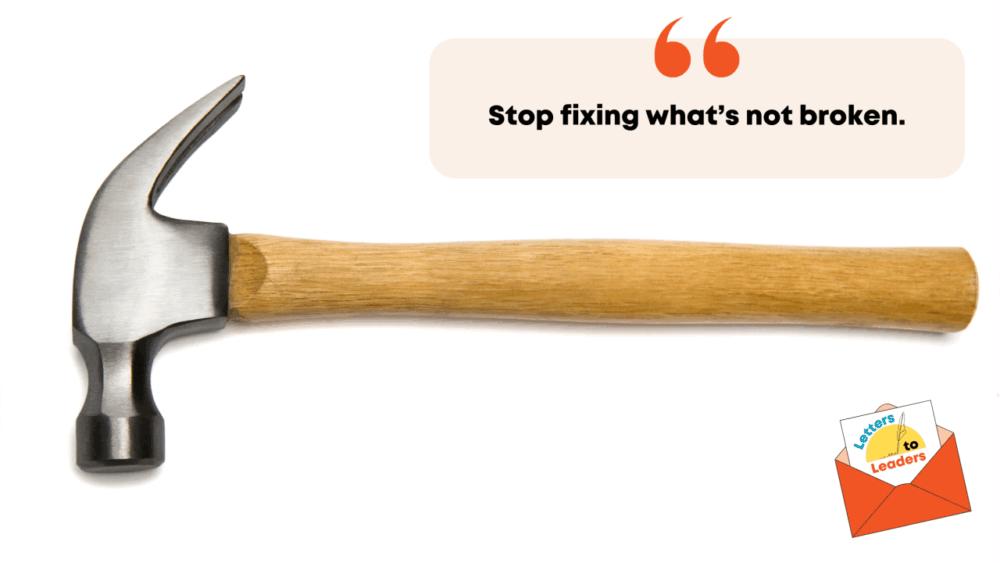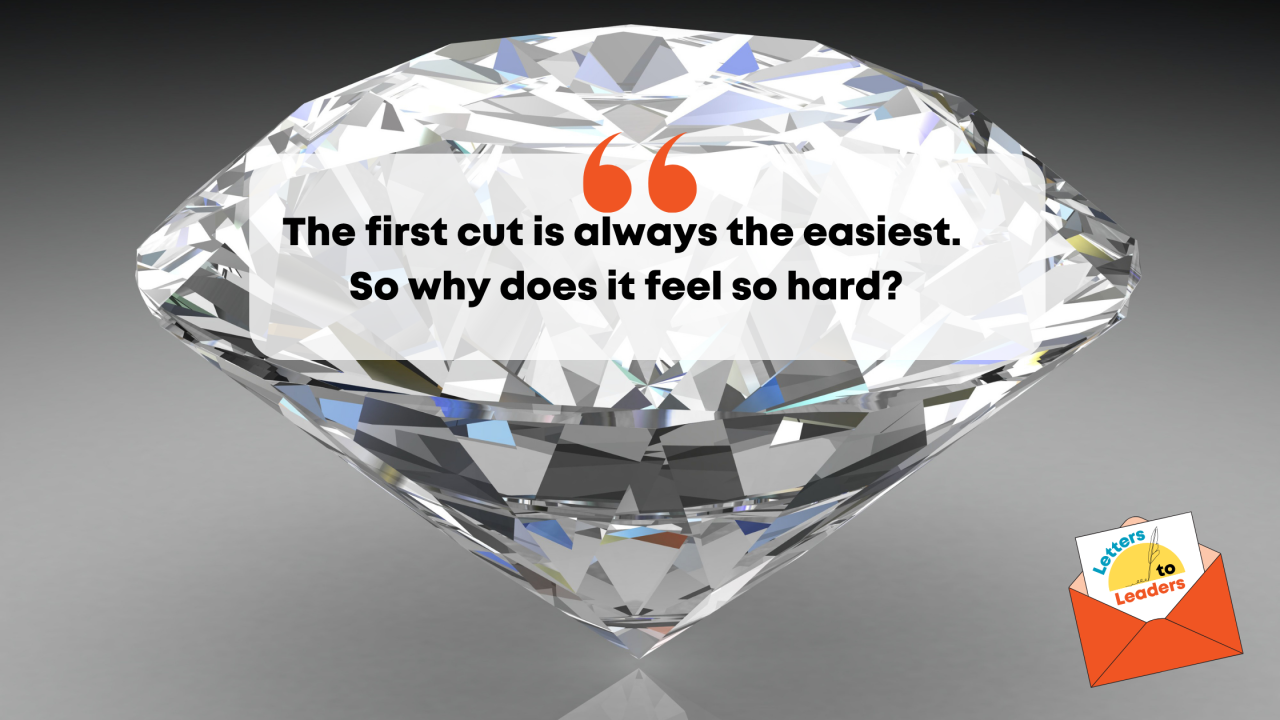Your company’s leadership development program is designed to make you average. I know that sounds harsh, but hear me out. Traditional approaches to leadership development will get you stuck in the mediocrity trap. In his landmark book Average to A+, Alex Linley writes about how a prominent tool called the 360º assessment creates a culture of mediocrity in organizations.
The 360º assessment is a feedback tool that gathers information about your competencies in various areas of your job and the needs of the organization. This feedback comes from your manager, colleagues, and direct reports, offering you a holistic perspective on how others see your strengths, weaknesses, and opportunities for growth.
Once the assessment is complete, you review the results, usually with a certified coach, reflect on the responses, discuss any insights, and build a professional development plan to close gaps on your leadership competencies. In these 360º reports, you receive specific feedback on your strengths and weaknesses, and more often than not, the development plan will focus on closing the gap on weaknesses versus building on strengths.
For example, in this individual’s 360º report, they received feedback that their top 3 strengths were:
- Hands-on Attitude
- Strategic Vision
- Drive for Results
Their bottom 3:
- Supportive of Colleagues
- Collaborative Working
- Self-management

Their professional development plan focused on improving their bottom three competencies, and a year later this is what happened:
Their top 3 competencies stayed the same or decreased in ability, and their bottom 3 increased only slightly. In other words, over a 12-month period, they managed to make tiny progress on their weaknesses and lost momentum on their strengths.

You’ve been wired to do certain things really well. You cannot do everything well. That’s not rational. So why do organizations and their leadership development programs continue to support this kind of methodology when clearly it isn’t working? All they’re doing is creating average talent in their organizations. This doesn’t mean you should not focus on improving your weaknesses, but not at the expense of your strengths.
In this example, the employee should develop an action plan to continue development on their top three strengths: hands-on attitude, strategic vision, and drive for results. They would then look at their bottom three weaknesses and see how they could use them to improve how they execute on their strengths.
For instance, how could self-management help them improve their hands-on attitude? How could being supportive of colleagues improve their drive for results? How could collaborative working improve their strength of strategic vision?
Keep your strengths center stage. Then ask: how can my weaknesses serve as tools to make my strengths even stronger?
Let me say it once again: you’ll never be exceptional at something you aren’t naturally wired to do or be. You can try and spend the rest of your life improving on your weaknesses, but they will cost you energy and effort. More than that, we will lose out on experiencing who you actually are and what you were made to do and be.
Unfortunately, too many people choose to ping-pong in mediocrity—never being great at what they are made for because they’re incessantly working on what they are not.
Your natural, God-given skills are not perfect and still require development. They are good, but they need focus, time, energy, and your attention in order to be great. Don’t waste time working on what you’re not made for. Instead, narrow your focus to the things you are.
The next time someone hands you a development plan focused on fixing your weaknesses, ask them this: ‘How will becoming average at everything help me become exceptional at what I do best?’ Your Brilliant Difference isn’t found in your weaknesses—it’s found in making your strengths unstoppable.
Yours truly,
Finka



